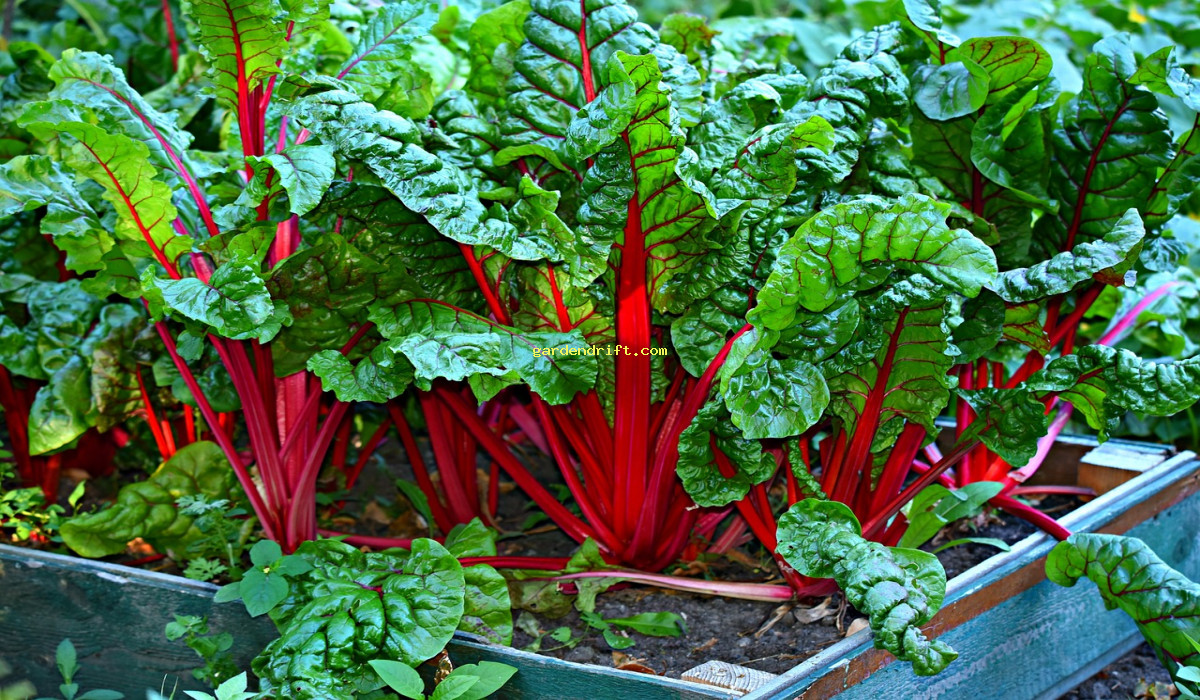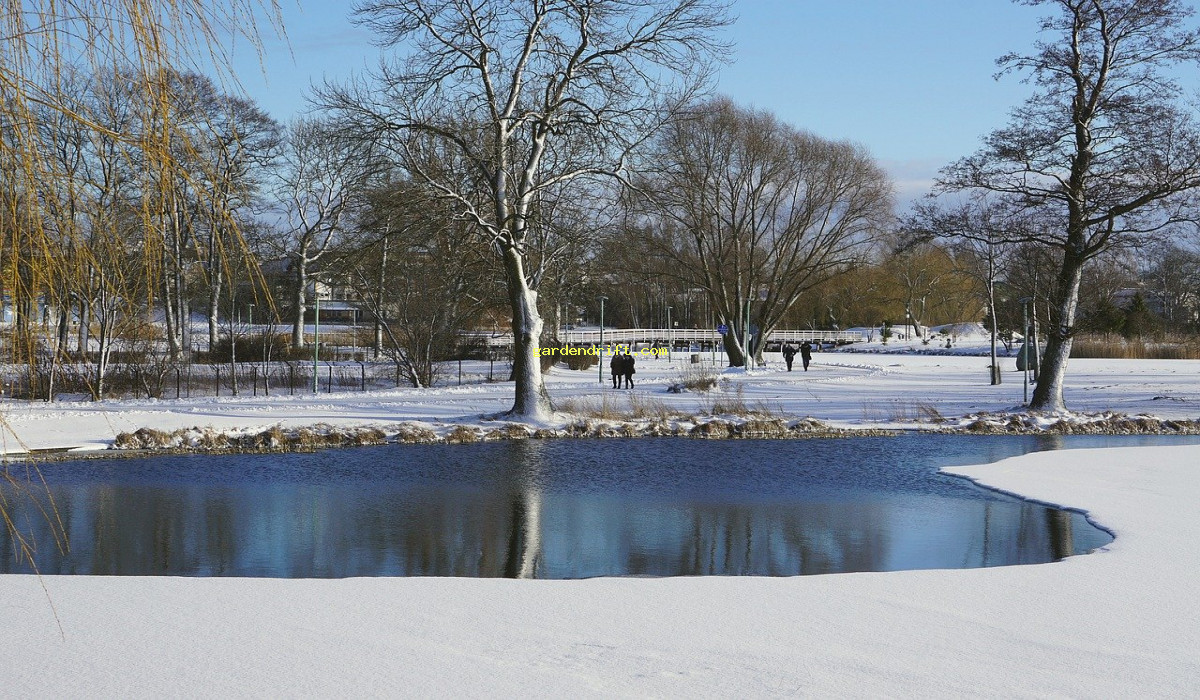5 Perfect Companion Plants for Growing Chard: A Gardener’s Guide. Discover the best chard companion plants to help your vegetable garden thrive! These easy-to-grow veggies are great additions to your garden and can provide many benefits such as natural pest control and companion plant support. Find out which plants are the perfect match for your chard and start your perfect vegetable garden today!
5 Perfect Companion Plants for Growing Chard: A Gardener’s Guide. benefits such as 5 Perfect Companion Plants for Growing Chard: A Gardener’s Guide
5 Perfect Companion Plants for Growing Chard
Chard Companion Plants: The Perfect Pairings
Chard is a versatile and delicious vegetable that is a staple in many gardens. Not only is it easy to grow, but it also has a long harvest period and can be used in a variety of dishes. But did you know that certain plants can actually help chard grow better? These are called companion plants and they can provide many benefits to chard, such as attracting beneficial insects, deterring pests, and improving soil health. In this blog post, we will explore the top chard companion plants and how they can improve your chard harvest.5 Perfect Companion Plants for Growing Chard
The Importance of Companion Planting
Before diving into the specific chard companion plants,5 Perfect Companion Plants for Growing Chard it is important to understand the concept of companion planting. Companion planting is the practice of growing certain plants together for their mutual benefit. This can be achieved in a variety of ways, such as by attracting beneficial insects that can pollinate flowers or eat pests, improving soil health, and providing shade.5 Perfect Companion Plants for Growing Chard
While chard is a resilient and hardy plant, it can benefit greatly from companion plants. By planting the right herbs, 5 Perfect Companion Plants for Growing Chard vegetables, and flowers near your chard, you can create a more balanced and diverse ecosystem in your garden. This can lead to healthier and more productive chard plants.
Top Chard Companion Plants
1. Garlic
2. Onions
3. Chives
4. Dill
5. Cilantro
6. Basil
7. Sage
8. Thyme
9. Marigolds
10. Nasturtiums
11. Borage
12. Beans
13. Peas
14. Radishes
15. Lettuce
How These Plants Benefit Chard
Garlic
Garlic is a natural pest repellent and can help keep pests away from your chard plants. It also has antifungal properties that can help prevent diseases in your garden.
Onions
Similar to garlic, onions have natural pest-repelling properties and can also help improve soil health. They release sulfur into the soil, which can improve the overall health of your chard plants.
Chives
Chives are a member of the onion family and have similar benefits. They also release compounds that can deter common pests and attract beneficial insects.
Dill
Dill can help attract pollinators and beneficial insects, such as ladybugs and lacewings. It also has the ability to repel pests, such as aphids, spider mites, and squash bugs.
Cilantro
Cilantro, also known as coriander, is not only a tasty herb but it also has pest-repelling properties. It can help keep aphids, spider mites, and potato beetles away from your chard.
Basil
Basil is a popular herb that can also be a great companion for chard. It attracts pollinators, repels pests, and can improve the flavor of your chard when planted nearby.
Sage
Sage is another herb that has natural pest-repelling properties and can also attract beneficial insects. It has a strong scent that can deter pests and can also improve the flavor of your chard.
Thyme
Thyme is a low-growing herb that can create a living mulch for your chard. It can help keep the soil moist and prevent weeds from growing around your chard plants.
Marigolds
Marigolds are a classic companion plant for a reason. They have a strong scent that can deter pests such as aphids, whiteflies, and tomato hornworms. They can also improve soil health and attract beneficial insects.
Nasturtiums
Nasturtiums are not only beautiful, but they are also great companions for chard. They can attract pollinators and beneficial insects while repelling pests such as aphids, whiteflies, and cabbage moths.
Borage
Borage is often referred to as a dynamic accumulator because it has deep roots that bring up nutrients from the soil. These nutrients can then be used by nearby plants, including chard.
Beans
Beans are a legume plant that can help fix nitrogen in the soil, which is essential for plant growth. They also attract pollinators and can provide shade for chard during hot summer months.
Peas
Similar to beans, peas are another legume plant that can help fix nitrogen in the soil. They also attract beneficial insects and can provide shade for chard.
Radishes
Radishes have a fast-growing root system that can help break up compacted soil, allowing for better water and nutrient absorption for chard. They also attract pollinators and can help repel pests.
Lettuce
Lettuce is a great companion plant for chard because it can provide shade and retain moisture in the soil. It also attracts beneficial insects and can help deter pests.

How to Incorporate These Companion Plants
Now that you know the top chard companion plants,5 Perfect Companion Plants for Growing Chard it’s important to understand how to incorporate them into your garden. Companion planting is all about finding the right balance and creating a diverse ecosystem. Here are some tips for incorporating these companion plants:
– Plant herbs and flowers around the edges of your chard bed to attract beneficial insects and repel pests.
– Plant taller plants, such as beans, peas, and sunflowers, around your chard to provide shade and attract pollinators.
– Utilize intercropping, which means planting different types of plants together, to create a more diverse and balanced ecosystem in your garden.
– Rotate your crops each season to prevent pests and diseases from building up in one area.
In Conclusion
Companion planting is an important practice for any garden, 5 Perfect Companion Plants for Growing Chard especially when growing chard. By incorporating these top chard companion plants, you can improve the health and productivity of your chard plants. Don’t be afraid to experiment and find the perfect pairings for your chard and the other plants in your garden.5 Perfect Companion Plants for Growing Chard Happy gardening!

Discover the best chard companion plants to help your vegetable garden thrive! These easy-to-grow veggies are great additions to your garden and can provide many benefits such as natural pest control and companion plant support. Find out which plants are the perfect match for your chard and start your perfect vegetable garden today!. Companion Plants Keyword: “Companion” 5 Perfect Companion Plants for Growing Chard: A Gardener’s Guide
What are the best companion plants for Chard?
When it comes to companion planting, Chard can benefit from some other plants that can help it grow stronger and healthier. Some of the best companion plants for Chard include tomatoes, lettuce, beans, and onions. These plants not only help Chard grow but also help protect it from pests and diseases.
Can Chard be grown with other vegetables?
Yes, Chard can be grown with a wide variety of other vegetables and plants. It is a great plant to use for intercropping, as it can help improve the growth and health of other plants. Some vegetables that can be grown with Chard include peas, carrots, beets, and cucumbers.
What plants should not be planted with Chard?
While Chard can benefit from many companion plants, there are a few plants that should not be planted with it. Avoid planting Chard near strawberries and aromatic herbs such as rosemary, sage, and thyme. These plants can attract pests that may harm the Chard and affect its growth.
